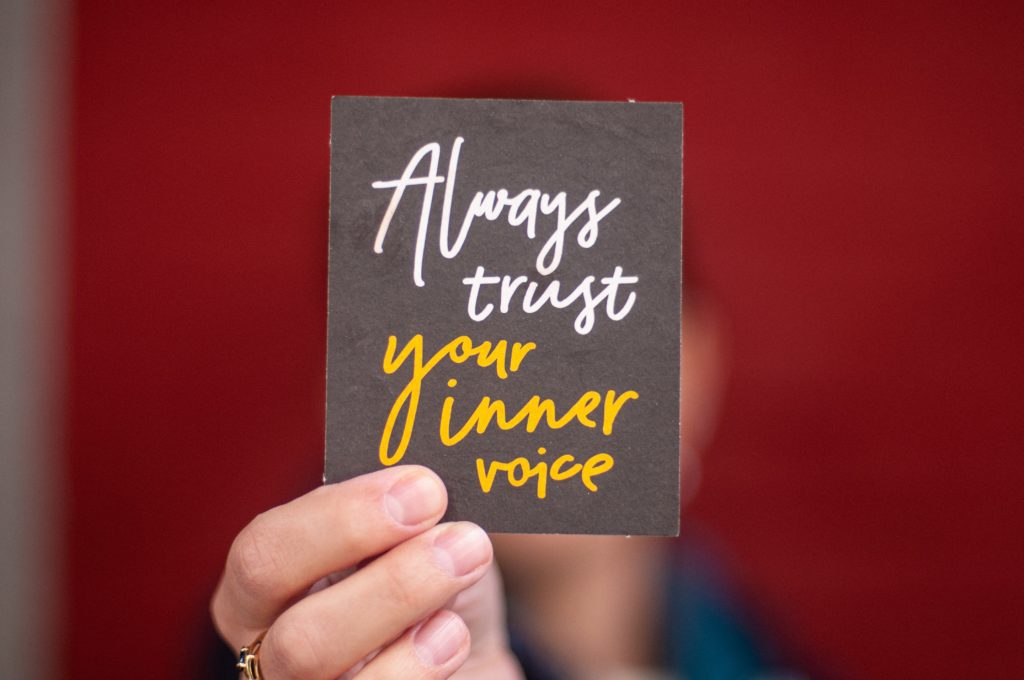Dear friend,
In today’s complex and unpredictable world, we’ve become wired to always be on the go. We live in a society where instant gratification is greatly desired. We’re used to reacting quickly, expecting things immediately and pushing ourselves to perform faster and better, often at the expense of our physical health and wellbeing.
Many of us ignore the signs of what this constant stress and pressure can do to our physical and mental-emotional wellbeing because we may feel a need to prove our worth or keep up with society’s expectations.
Our body is an intelligent and sensitive being. It tells us when we need to slow down and relax, often in the form of subtle signals like tiredness and flare ups of old chronic issues. If we ignore these messages, it’ll send louder messages in the form of injury, panic attacks, or more severe illnesses.
Before I had cancer, I lived a life of imbalance. I travelled six months of the year and worked late daily. When I wasn’t travelling, I didn’t socialize, didn’t go to parties, didn’t go to dinner with friends or business acquaintances. My time was spent at home. My life was focused on either work or home, travel or home. Except that if you’re on the phone and you’re aggressive and angry, even shouting into the phone, just how “at home” are you?
I had been so driven to prove myself, working in my businesses to the exclusion of almost everything else, that I gave myself cancer. The signs were there. It started with a slip disc, then acid reflux and eventually fissures. Yet I chose to ignore them as warning signs, and saw it as part of the journey of making it to the top.
My imbalanced way of being had depleted my reserves to the point of practically signing my death warrant. This had adversely impacted not only my physical health but also the wellbeing of my family, my spirituality, and at times even my incredibly successful career. I took my body for granted and assumed it was just along for the ride.
It took getting cancer to realize that our body is a temple that needs to be treated with respect, love and care.Tuning in and listening to it is crucial to preserving our health and wellbeing.
When we intentionally set aside time for rest and recovery, our entire way of being changes. Treating our body as a vessel, and as our ride on this life journey allows us to thrive and feel far more vibrant than most of us are feeling today.
I now start and end my day with meditation, enjoy 7.5 hours of sleep, do daily physical activity, practice gratitude and have uninterrupted evenings with my family. This provides me with optimal levels of energy to engage in deeper relationships with my loved ones, and be fully present as I serve our families at Qineticare.
I nudge you to have regular check-ins with yourself, pause and listen to what your body is telling you. Is your heart, breath and mind in sync?
With love and gratitude,
feisal
Anisa Carim, Life Fulfillment head at Qineticare shows us how our thoughts and emotions can physiologically impact our body.
Having an awareness of how our thoughts impact our behavior and learning to reframe them can result in positive changes to our physical being.
Developed by the HeartMath Institute, this technique helps individuals move into a state of coherence in about 60 seconds by releasing stress and stopping draining emotions such as frustration, irritation, anxiety and anger.
When we’re in a coherent state, our thoughts and emotions are balanced and we experience ease and inner harmony.

What characterises a successful generational handover? The idea that generational change takes place the moment one generation “hands over the company keys” to the next is common. In reality, it is not a single moment but a process requiring careful planning. Read more here

Learn to understand more about the the value of getting uncomfortable and trusting your instincts as leadership advisor Diana Chapman offers a masterclass in changing the way we respond to challenges, and the power of the “whole body yes”. Listen to it here

We all experience moments of indulgence that lead to overeating. If it happens once in a while, it’s nothing to worry about. If it happens frequently, you may wonder if you have an overeating problem or “food addiction.” Mindful eating can slow the eating process, pay more attention to your body’s hunger and fullness cues, and perhaps avoid overeating. Read more here

When family members don’t talk to each other enough, the potential for conflict and tension increases exponentially with the growing silence. Meetings can provide a platform for regular discussions of succession, family behaviour and philanthropy, allowing everyone to have the opportunity to share. So how can we set up a successful family meeting? Read more here
“True silence is the rest of the mind, and is to the spirit what sleep is to the body, nourishment and refreshment.”
– William Penn
“Mediocrity is the result of compromising ourselves. We compromisebecause of the fear of claiming our greatness and going after the thingsthat really matter.”
– feisal alibhai

